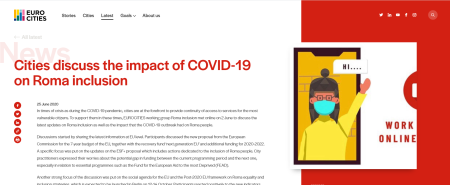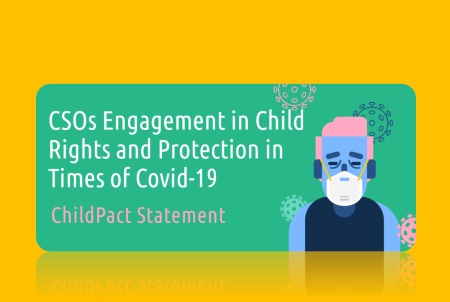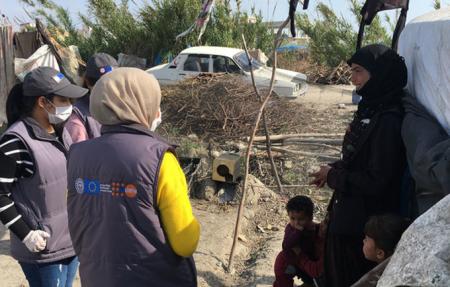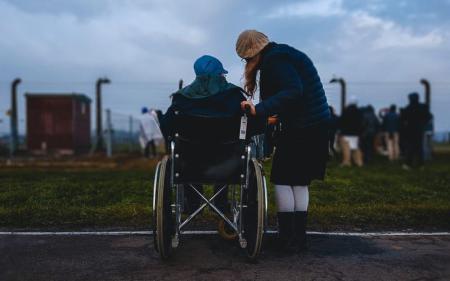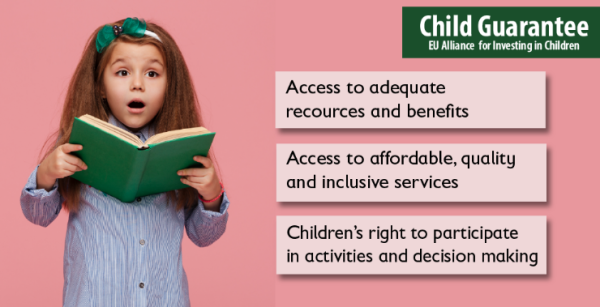
In times of crisis as during the COVID-19 pandemic, cities are at the forefront to provide continuity of access to services for the most vulnerable citizens. To support them in these times, EUROCITIES working group Roma inclusion met online on 2 June to discuss the latest updates on Roma inclusion as well as the impact that the COVID-19 outbreak had on Roma people.
Discussions started by sharing the latest information at EU level. Participants discussed the new proposal from the European Commission for the 7-year budget of the EU, together with the recovery fund ‘next generation EU’ and additional funding for 2020-2022. A specific focus was put on the updates on the ESF+ proposal which includes actions dedicated to the inclusion of Roma people. City practitioners expressed their worries about the potential gap in funding between the current programming period and the next one, especially in relation to essential programmes such as the Fund for the European Aid to the most Deprived (FEAD).
Another strong focus of the discussion was put on the social agenda for the EU and the Post-2020 EU framework on Roma equality and inclusion strategies, which is expected to be launched in Berlin on 12-14 October. Participants reacted positively to the new indicators framework but expressed worries in terms of data gathering. Indeed, it can become a challenging process due to limitations of the legal framework (no ethnic data) and a lack of resources or capacities. In line with EUROCITIES contribution to the post-2020 EU Roma framework, cities once again highlighted the importance of capacity building on collecting and using data.
In a second part of the meeting, exchanges focused on the impact of COVID-19 on Roma inclusion. After a short presentation of the European responses to the pandemic and EUROCITIES contributions, participants shared their own experience. The lockdown had massive implications on the life of Roma people with important job and income losses. Some cities witnessed new movements of populations as many EU mobile citizens returned to their country of origin with the hope to avoid contamination and often came back to Western Europe when confronted with rising discriminations and insufficient protection in their home country. To support Roma people, cities took many measures with a strong focus on ensuring access to information in different languages and through diverse channels (by phone, online, through social media, using influencers or through intermediaries such as community leaders). In Ghent, a strategy was established to counter conspiracy theories which were starting to emerge, and Sheffield had to fight online anti-Roma sentiment. Besides sharing information, cities were at the forefront in providing food trough deliveries or vouchers, guaranteeing water supply and distributing protection material of medicine. The collaboration with NGOs was greatly reinforced in this regard. Municipalities also provided shelter for people which were infected and implemented eviction bans through mediation with landlords. Online training on access to social welfare or to do individual case-management for employment support were also organised. Finally, cities served as intermediaries between schools and families by distributing homework to Roma children with limited online access to education or through distribution of tablets. For the recovery, local experts are worried to see an increase in vulnerable groups with the risk of Roma inclusion becoming less of a priority, despite dire needs.
These preoccupations will be further considered to identify opportunities to address them in upcoming EUROCITIES activities. In particular, the next policy transfer on Roma inclusion in Berlin will take place on 14-16 October, alongside the launch of the Post-2020 EU Roma framework. This political momentum should help bringing awareness on the situation of Roma communities. Participants will also learn more about Berlin’s framework programme for the inclusion of migrants and Roma and how an external evaluation of the previous programme fed into the drafting of this second strategy. Turin also invited city experts on Roma inclusion to the 2021 meeting. Finally, cities will have the possibility to continue highlighting their role in ensuring equal opportunities for all by submitting a pledge on the European Pillar of Social Rights. Indeed, Amsterdam offered to organise a joint pledge between interested mayors and deputy mayors on the role of cities in the implementation of Principle 3 on the right to equal treatment and opportunities.


